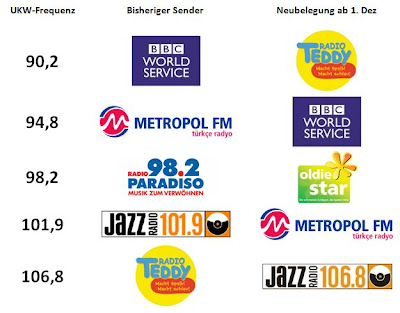
Here's a new article by our friend Jeff Pollack from Pollack Media for Huffington Post:
"It's time for music discovery platforms to catch up with their users. There are plenty of services out there that will collect lists of new artists or provide the user a group of artists that sound similar to one the user has entered. While these sites are useful and were amazing when they first launched, the increased ease accessibility of all things, especially media, on the Internet, is rapidly dating these sites. Today, the average music fan has come to expect a product that is nearly infinite in catalog and provides them with a unique experience which, at the same time, is clean, organized, and intuitive. As MTV prepares to launch its new Music Meter, they seem to have this modern fan in mind and have developed a platform that makes discovering new music and artists a much more active and user-controlled experience.
Before the Internet, on-demand services, and iPods gave all of us musical ADD, MTV was where music fans would go to watch their favorite clips and discover new ones (full disclosure, they are a long time client). With the new Music Meter, which MTV describes as "a quick and easy way to discover new music - a daily list of lesser known artists that music fans are listening to, talking about and sharing across the internet and the real world ", it seems that the network has once again tapped in to how the next generation wants to experience their favorite music and be exposed to what's new and what's next.
The Music Meter has a two-fold appeal: it ranks the 100 most buzzed about new artists (on and offline) and provides a music recommendation service. (...)
This is on-demand music discovery. It's interactive, user-controlled, and can last a few minutes or hours. Pretty cool. (...)"
This is just an excerpt. Please find the whole article here.
Photo courtesy of MTV Networks















